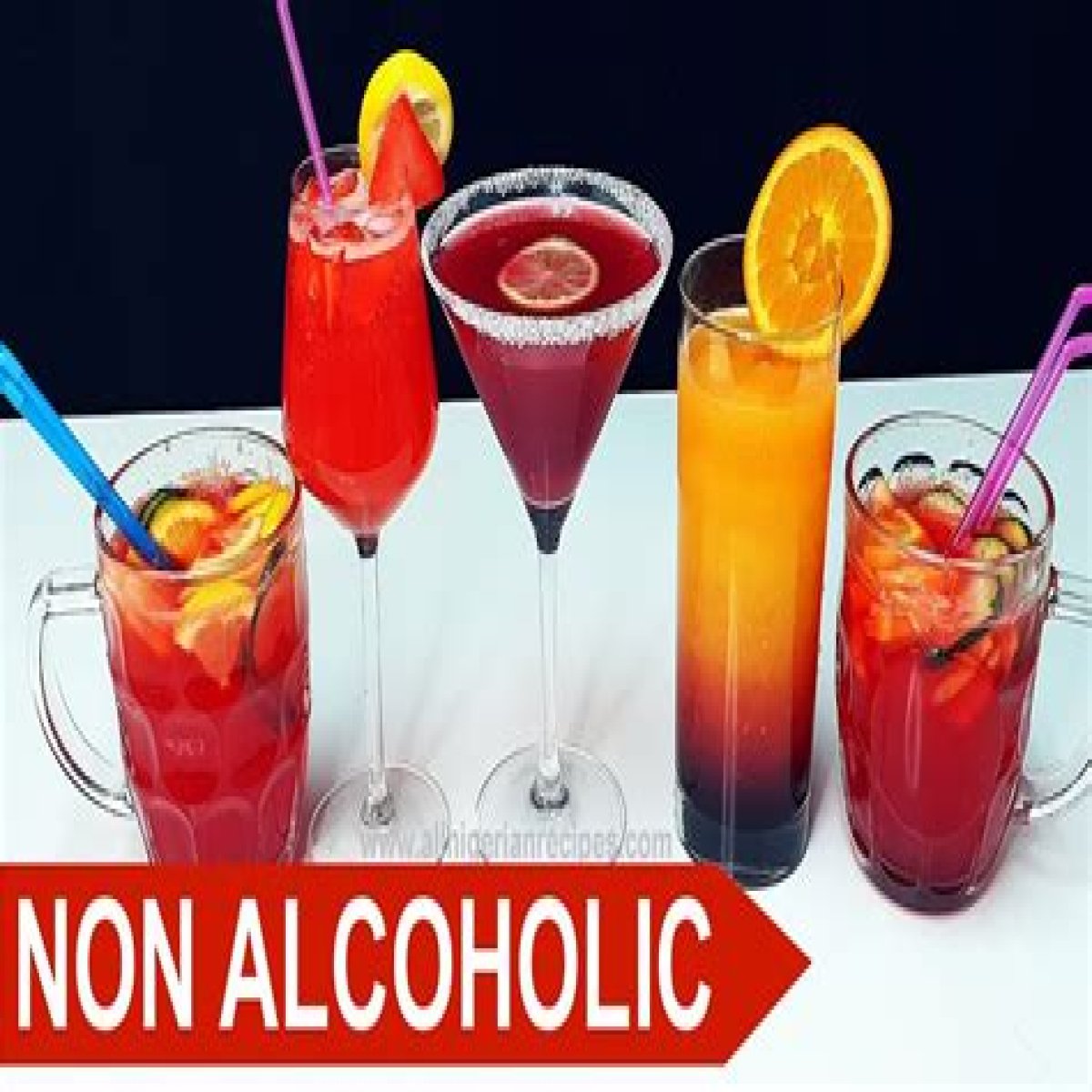When it comes to beverages, Nigeria boasts a rich tapestry of non-alcoholic drinks that reflect its diverse culture and traditions. These drinks not only quench thirst but also serve as a celebration of the country's rich heritage. From refreshing fruit juices to traditional herbal concoctions, there is a plethora of options that cater to different tastes and preferences. Nigerian non-alcoholic drinks are often made from locally sourced ingredients, showcasing the vibrant agricultural landscape of the country.
In Nigeria, the importance of drinks extends beyond mere refreshment; they are an integral part of social gatherings, celebrations, and everyday life. Whether it's the colorful street vendors selling fresh juice or the artisanal brews made in homes, each drink tells a story. With a focus on health and wellness, many of these beverages are not only delicious but also packed with nutrients, making them a popular choice for people of all ages.
As we delve into the world of Nigerian non-alcoholic drinks, we will explore various types of beverages, their origins, and how they can be enjoyed. From the sweet taste of Zobo to the energizing effect of Kunu, there is something for everyone in this vibrant selection. So let's raise a glass and discover the refreshing flavors of Nigeria!
What Are Some Popular Nigerian Non-Alcoholic Drinks?
Nigerian culture is rich with a variety of non-alcoholic drinks that are enjoyed both locally and internationally. Here are some of the most popular beverages:
- Zobo: A hibiscus tea that is sweet and tangy, often infused with spices and served chilled.
- Kunu: A traditional drink made from grains such as millet or sorghum, sweetened and often flavored with spices.
- Chapman: A festive fruity drink that combines various fruit juices, usually served at parties and celebrations.
- Palm Wine: While traditionally alcoholic, it can be enjoyed in its non-fermented form, known as "tapped palm sap."
How Is Zobo Made?
Zobo is one of the most beloved Nigerian drinks and is made from dried hibiscus petals. To prepare it, follow these simple steps:
- Rinse the dried hibiscus petals to remove any impurities.
- Boil water and add the hibiscus petals, letting them steep for about 30 minutes.
- Strain the mixture and add sugar, ginger, or other flavorings as desired.
- Chill in the refrigerator and serve over ice.
What Ingredients Are Commonly Used in Kunu?
Kunu is a nutritious drink made from grains, and its ingredients vary by region. Common ingredients include:
- Millet or sorghum as the base grain.
- Water for soaking and blending.
- Sugar or honey for sweetness.
- Spices like ginger or cloves for flavor.
How Is Chapman Prepared?
Chapman is a delightful drink that is perfect for celebrations. Here’s how to prepare it:
- Mix equal parts of orange juice and lemonade in a pitcher.
- Add a splash of grenadine syrup for sweetness and color.
- Top with soda water or tonic water for a fizzy effect.
- Serve over ice with slices of cucumber and orange for garnish.
Are There Health Benefits to Nigerian Non-Alcoholic Drinks?
Indeed, many Nigerian non-alcoholic drinks not only tantalize the taste buds but also offer health benefits:
- Zobo: Rich in antioxidants and may help lower blood pressure.
- Kunu: Contains essential nutrients and can aid in digestion.
- Chapman: A refreshing alternative to sugary sodas, with the added benefits of fresh fruit.
How Do Nigerian Non-Alcoholic Drinks Reflect Culture?
Every sip of Nigerian non-alcoholic drinks tells a story about the culture and traditions of the people. For instance, Zobo is often served during festive occasions, while Kunu is a favorite at family gatherings. These drinks not only serve as refreshments but also as a means of connecting with one’s heritage.
Can Nigerian Non-Alcoholic Drinks Be Enjoyed Internationally?
Absolutely! Many Nigerian non-alcoholic drinks have gained popularity beyond the borders of Nigeria. Restaurants and cafes worldwide are beginning to introduce these unique beverages, giving a taste of Nigerian culture to a global audience. Additionally, the rise of online platforms allows consumers to purchase ingredients and recipes to recreate these drinks at home.
Conclusion: Savoring the Flavors of Nigeria
Nigerian non-alcoholic drinks are a delightful exploration of flavors, culture, and health. From the vibrant Zobo to the wholesome Kunu, each drink offers a unique experience that is both refreshing and nourishing. As these beverages continue to gain recognition on the international stage, they are sure to inspire a new generation of drink enthusiasts. So whether you are a native Nigerian or an adventurous foodie, don’t miss the opportunity to indulge in the rich and diverse world of Nigerian non-alcoholic drinks!
Unveiling The Life And Legacy Of Tolani OtedolaMMS Viral Video News 2024 On Instagram: What You Need To KnowUnveiling The Life And Legacy Of Edgar Guzman
